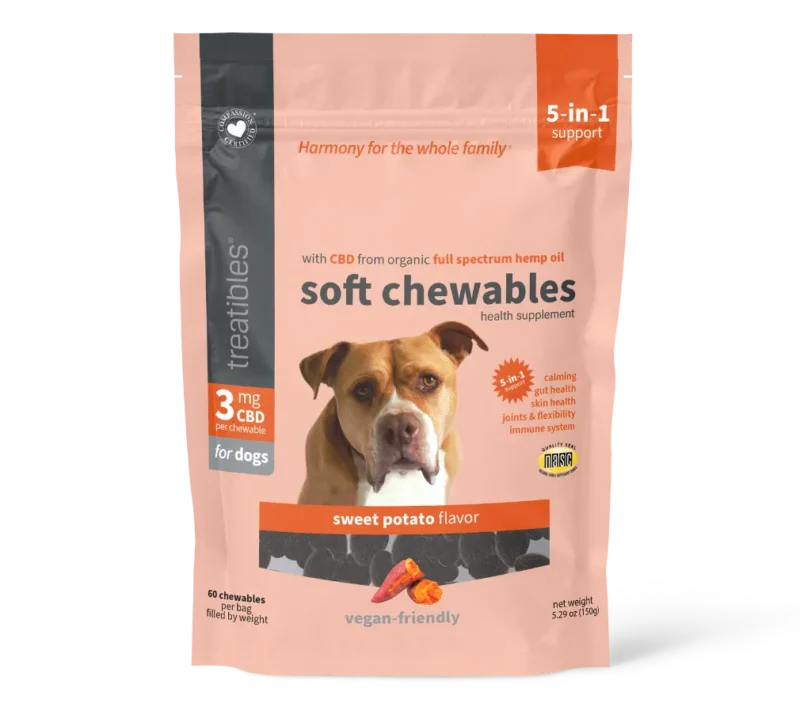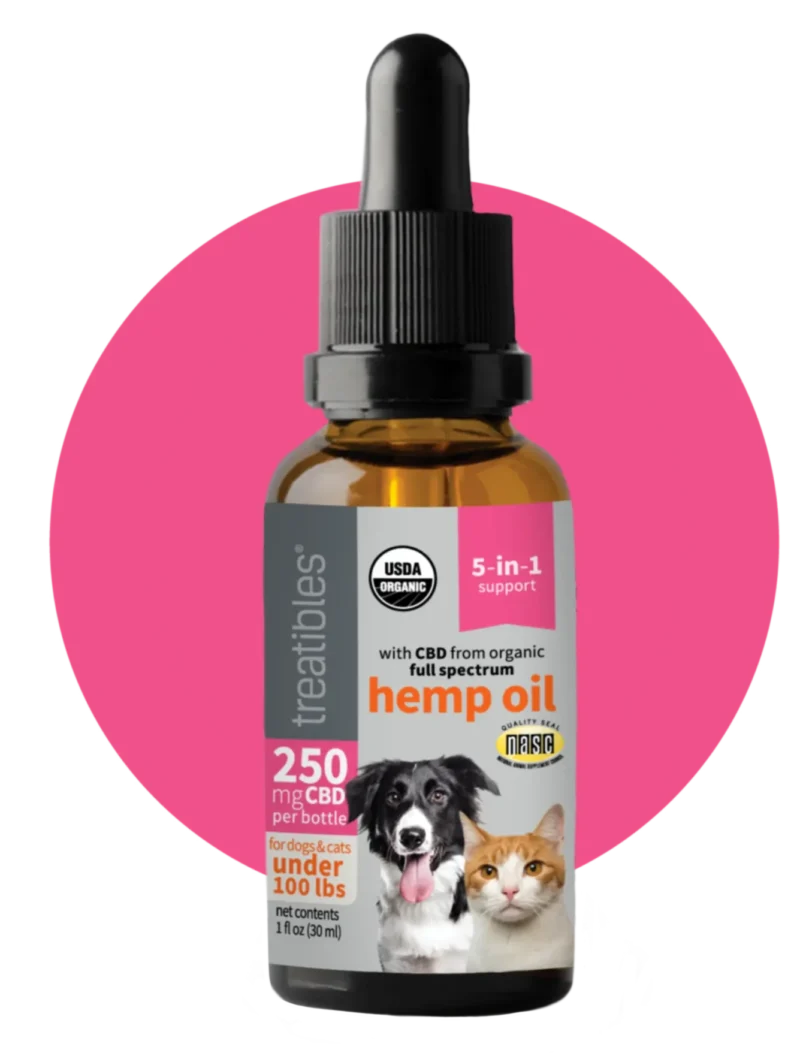YOUR PET JUST INGESTED THC – What to do next?
Pet proofing your space is probably the last thing that comes to mind when you have an adult pet. You know when you have a puppy or small kitten you need to clear your space and keep small objects they may consume out of reach and stow them away. For the most part, pet-proofing is easy. You might think you have it covered until the unexpected occurs — your pet just ingested THC! What is THC? Tetrahydrocannabinol (THC), a psychoactive compound in cannabis, is not a poison. However, consuming excess amounts can be toxic, though generally not fatal to pets.
Perhaps this was an afterthought in years past. With more and more people having legal access to medical cannabis, the number of pets being treated by veterinarians for THC overdose has steadily increased.Dogs and THCdo not mix, just like alcohol. Pets can accidentally consume THC in many ways including inhaling smoke, ingesting pills, tinctures or oils, or even eating an edible. If you are a cannabis connoisseur and a pet owner, now is a good time to invest in a cannabis storage container. A good place to put it is on your bar cart or in a cabinet next to other wellness products. Gone are the days of hiding your cannabis stash, but you need to be responsible and keep it out of reach from pets and small children.
What are the signs of an overdose? You may be wondering,is my dog high?A few signs of overdose include static ataxia (loss of balance), lethargy, vomiting, drooling, body tremors, and seizures. We thought we would give you a few tips on what to do if yourdog ingested THC oilor any other product containing THC. Don’t feel guilty if this happens. Quick action and dog THC toxicity treatment with CBD, a THC inhibitor, can reduce the effects.
Here are two steps you can take if your dog consumes THC:
STEP 1 – provide cannabidiol (CBD) to help neutralize THC
CBD is a known THC inhibitor. It works by blocking THC from binding with the cannabinoid receptors in the brain. This can minimize the effects of THC. *Medical research shows definite evidence of THC metabolizing at a different rate when cannabidiol was administered.
A CBD dose can be administered to a pet showing signs of being ‘high’ or exhibiting behaviors indicating toxicity.
Because there is limited research concerning CBD for pets, there are no set guidelines for the exact dosage to neutralize the effects of THC. Based upon the calculation of 1.5 mg per pound for a 150-pound human, a 50-pound dog would require approximately 34 mg. CBD is non-toxic, so offering more based on each individual animal’s need can be beneficial.
STEP 2 – (or step one if you do not have CBD oil on hand) – rush your pet to the vet
While it is extremely rare that an overdose of THC will lead to death, veterinarians have reported death due to associated circumstances when not immediately seeking veterinary care:
- Dog asphyxiating on his/her own vomit
- Dog consuming chocolate edibles (chocolate is extremely toxic to dogs)
- Dogs consume other toxic ingredients in edible form (xylitol, onion, etc.)
Although hundreds of veterinarians around the country carry Treatibles products, a majority of veterinary hospitals/clinics do not stock CBD. Through the tireless efforts of several veterinarians working diligently to change laws regarding CBD and more and more veterinarians discovering the numerous benefits for pets, we are hopeful that this will change in the not-too-distant future.
*In 1996 a study was conducted by the Department of Pharmacy, at the University of California, San Francisco determining that cannabidiol inhibited the metabolization of tetrahydrocannabinol and cyclosporine (an immunosuppressive drug used to prevent the rejection of grafts and transplants), in mouse and human microsomes. The study found that cannabidiol selectively decreased THC levels in human cells, specifically the group of metabolizing enzymes in the human liver. Another study was conducted early last year in January of 2013 that found CBD inhibited paranoid and psychotic symptoms in human test subjects when administered prior to dosing intravenous THC. – Inhibition of cyclosporine and tetrahydrocannabinol metabolism by cannabidiol in mice and human microsomes. [W Jaeger, L Z Benet, L M Bornheim Department of Pharmacy, University of California, SF


